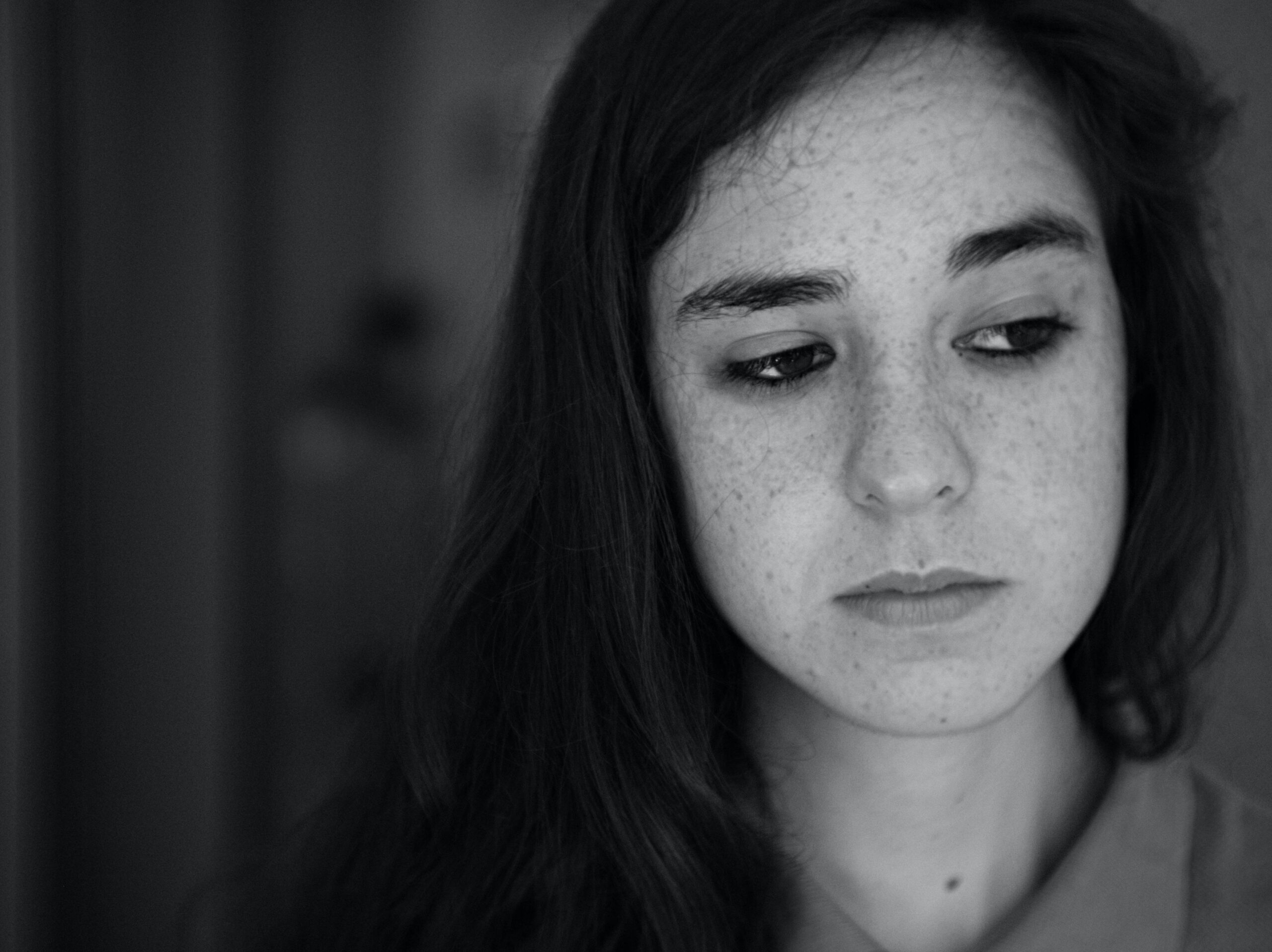How do I know if I am Traumatised?
This post may contain affiliate links, which means I’ll receive a commission if you purchase through my link at no extra cost. Please read the full disclosure here.
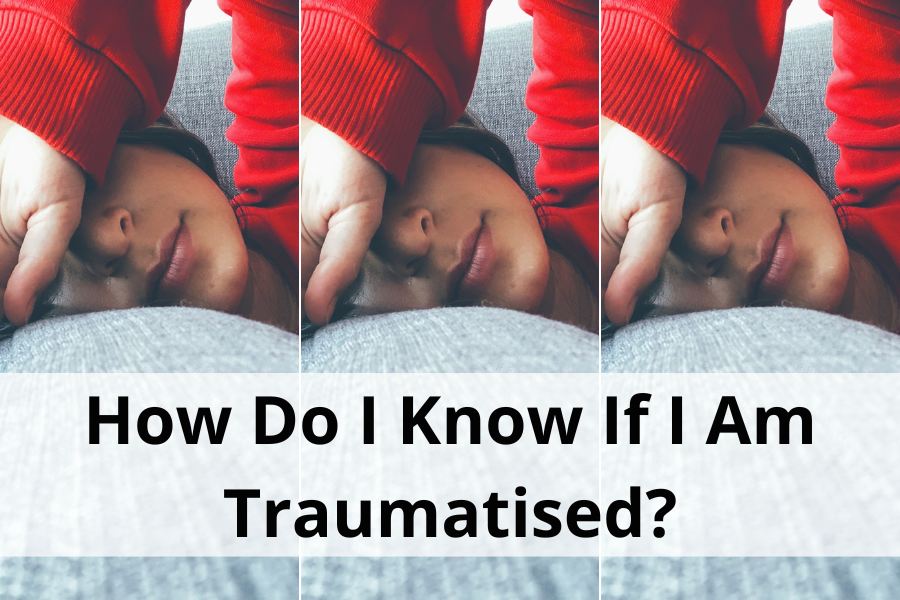
Have you ever experienced something scary or upsetting that made you feel anxious or sad?
Sometimes, going through something like that can leave us feeling different.
We might experience bad dreams or become easily scared. Mental health professionals refer to this as being traumatised. But how can you determine if you have been traumatised?
In this blog post, we’ll talk about trauma, how it can affect you, and how to tell if you need extra help.
How do I know if I am Traumatised?
1. What Even Is ‘Trauma’ Anyway? Let’s Break It Down
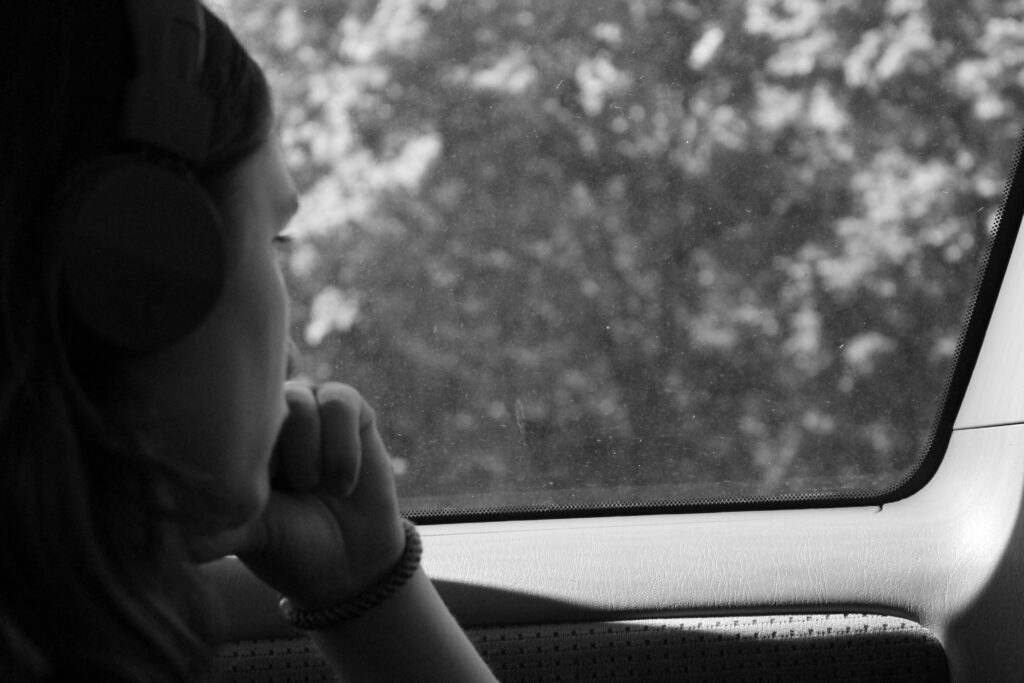
Trauma can refer to a wide range of experiences that are emotionally distressing or disturbing.
These experiences can range from witnessing or being involved in a severe accident, being the victim of violence or abuse, experiencing the loss of a loved one, or any other event that causes intense fear, helplessness, or horror.
When I asked myself how I knew if I was traumatised, I reflected on what I had just experienced.
Being in a fatal car accident where I was the sole survivor. I didn’t recognise it at first, but I was experiencing immense trauma. Believing that getting help or therapy could heal the trauma took a while.
After engaging in various types of therapy, I began to see a real difference in how I felt. I thought that the trauma would stay forever; however, after therapy, I could see a clear path to recovery.
2. How Does Trauma Affect Us?

Trauma can profoundly impact our mental and physical health, and its symptoms can manifest in various ways.
The most common symptoms include anxiety, depression, flashbacks, nightmares, and avoidance behaviours.
Additionally, trauma can cause physical symptoms, such as headaches, stomach problems, or chronic pain. These symptoms can be debilitating and significantly affect an individual’s quality of life. Therefore, it’s essential to seek appropriate treatment and support to manage the effects of trauma.
After the traumatic incident that I experienced, I couldn’t think straight, was forgetful, and had a weak stomach. It was horrible and very uncomfortable. Trauma is brutal to deal with because its symptoms can change daily.
Related Post: Self Care Gifts: Top Amazon Products to Help Your Friend Through Mental Health Challenges
3. How Do I Know If I Am Traumatised?

If you have experienced a distressing or disturbing event and are experiencing symptoms like those mentioned above, you may be dealing with the effects of trauma. However, it’s important to remember that trauma affects everyone differently, and there is no “right” way to react to a traumatic event.
As a result, individuals may have different emotional responses and prefer different methods of getting help. For example, while some people may benefit from nature therapy, others may find cognitive-behavioural or art therapy more helpful.
Ultimately, dealing with trauma effectively will vary depending on the individual, and finding a therapy that works for you is essential.
4. Managing Trauma: What to Do If You Are Traumatised.
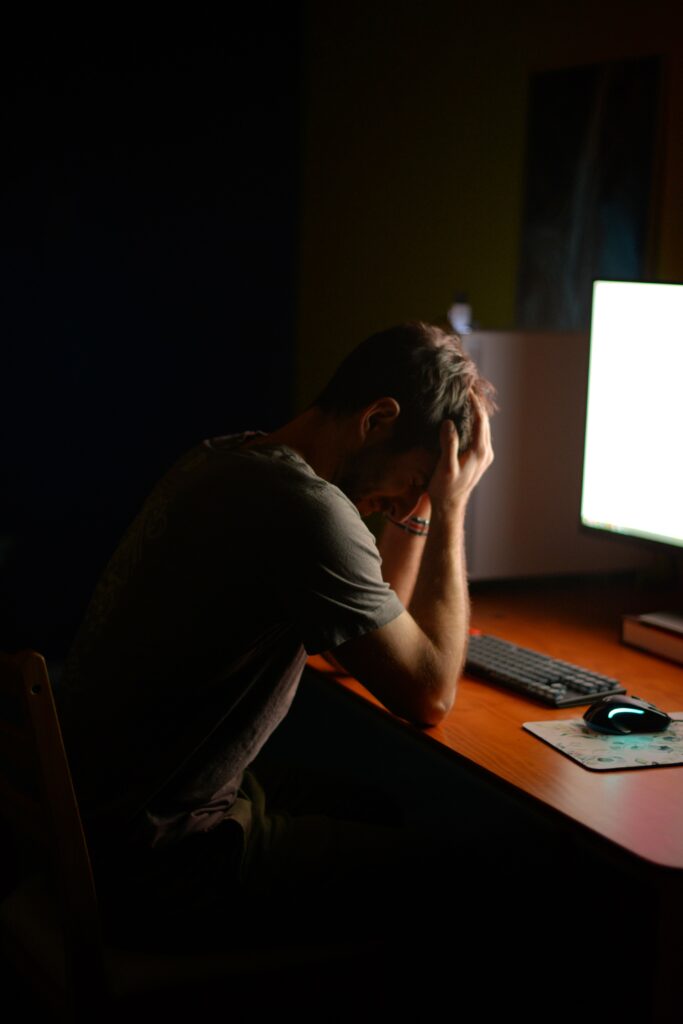
If you think you may be dealing with the effects of trauma, it’s essential to seek support. This could involve talking to a mental health professional, contacting friends and family for help, or engaging in self-care activities such as exercise or meditation.
Many resources, such as trauma-focused therapy programs and support groups, are available online.
Related Post: Benefits of Sitting Quietly: A Guide to Clearing Your Mind and Emotions
5. Helping someone who’s been through a tough time: Tips to Support Your Loved Ones Who Have Experienced Trauma.

You can offer support in many ways if you know someone who has experienced trauma. You could listen to them without judgment, help them access professional services, or engage in activities that they find soothing or comforting.
When I was traumatised, friends would contact me and suggest that we walk around the neighbourhood, bring me chocolate and have a cup of tea, or watch a funny movie together. These actions helped me feel less alone and reminded me that my friends cared.
Final Thoughts.
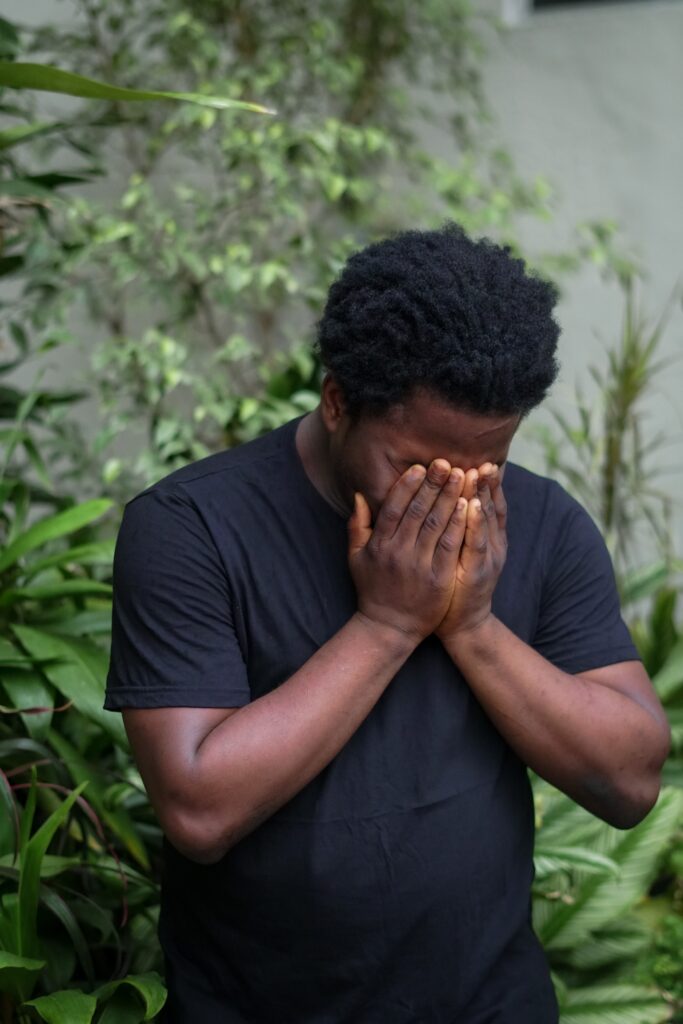
Trauma can profoundly impact our lives, but it’s important to remember that healing is possible.
By seeking support and engaging in self-care activities, we can begin to recover and move forward from our traumatic experiences.
Top-Rated Amazon Products to Help Deal with Trauma
Take a look at some of our top recommended products, explicitly designed to support those dealing with the effects of trauma:
The Body Keeps the Score: Brain, Mind, and Body in the Healing of Trauma” by Bessel van der Kolk

This book is a widely popular resource that explores the effects of trauma on the mind and body and offers practical advice for healing.

This book is particularly relevant for those who work in professions supporting people who have experienced trauma, such as social workers, therapists, and first responders.

Weighted blankets can be a helpful tool for people dealing with anxiety and trauma-related stress. This blanket has received high ratings on Amazon and comes in various weights and sizes.

Essential oils are used as a natural way to promote relaxation and reduce stress. This diffuser has over 60,000 positive ratings on Amazon and features a sleek, modern design.

It’s important to note that while these products may be helpful, they are not a replacement for professional support and treatment for trauma.
If you are struggling with trauma, it’s essential to seek the help of a qualified therapist or mental health professional.
Other Posts That You May Like
Love Hurting Your Heart? 5 Reasons Why & How to Avoid the Pain
Best Juice for Mental Health: Green Juice and Its Amazing Benefits for Your Mind

